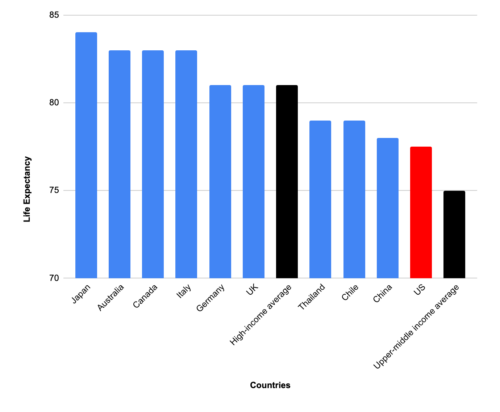Amazon, Whole Foods, and the Simple Arithmetic of Household Time
By: / 06.30.2017
I’ve been writing a lot about ecommerce lately. I would be remiss if I did not address the Amazon offer to buy Whole Foods. I have two thoughts.
First, I’m not an antitrust economist. But it strikes me that under ordinary antitrust logic, Amazon’s purchase of Whole Foods would ring no alarm bells. Despite the name recognition of Whole Foods, the company’s $16 billion in sales last year pales next to Kroger’s $115 billion in sales or Albertson’s roughly $60 billion in sales. If anything, the purchase increases competition in the grocery business.
Second, what is Amazon likely to do with Whole Foods? I’m not privy to Amazon’s strategic thinking, of course. But the main point of ecommerce, when done right, is to reduce the time consumers spend shopping—the drive to the store, the search for parking, the endless trudging through the aisles. In turn, ecommerce companies have been shifting those unpaid hours of household labor into the market sector, creating decent-paid jobs in fulfillment centers and electronic shopping operations.
By my calculations, the shift to ecommerce over the past nine years has saved American households roughly 64 million hours per week in reduced shopping time, or the equivalent of 1.6 million full-time jobs. (yes, that million is right…calculations below).
Some of those hours of unpaid household labor were shifted to the market sector. Over the same period, the number of ecommerce jobs rose by almost 400,000, as fulfillment center workers and drivers took over the tasks that consumers used to do. Brick-and-mortar jobs dropped by 76,000, so that was a net plus for job creation.
If these trends continue, Amazon and other ecommerce companies will try to make shopping for meals easier and less time-consuming for American households, and generate more paid jobs in the process.
****
Calculations
According to the American Time Use Survey from the Bureau of Labor Statistics, in 2015-2016 Americans spent .645 hours per day on average shopping for consumer goods or traveling to shopping, or 4.5 hours per week. Since there are 260 million Americans aged 15 and over, that means Americans spend approximately 1.2 billion hours a week shopping for consumer goods or traveling to shopping (that’s the equivalent of 30 million full-time jobs).
By comparison, in 2006-2007 Americans spent 4.75 hours per week shopping for consumer goods or traveling to shopping, or 0.25 more. That extra quarter hour corresponds to 64 million extra hours per week (260 million x .25). So because of the increase in ecommerce over the past 9 years, American households save 64 million hours per week, or the equivalent of 1.6 million full-time jobs.
Note: I get an almost identical result based on the magnitude of the decline in brick-and-mortar’s share of retail sales.






